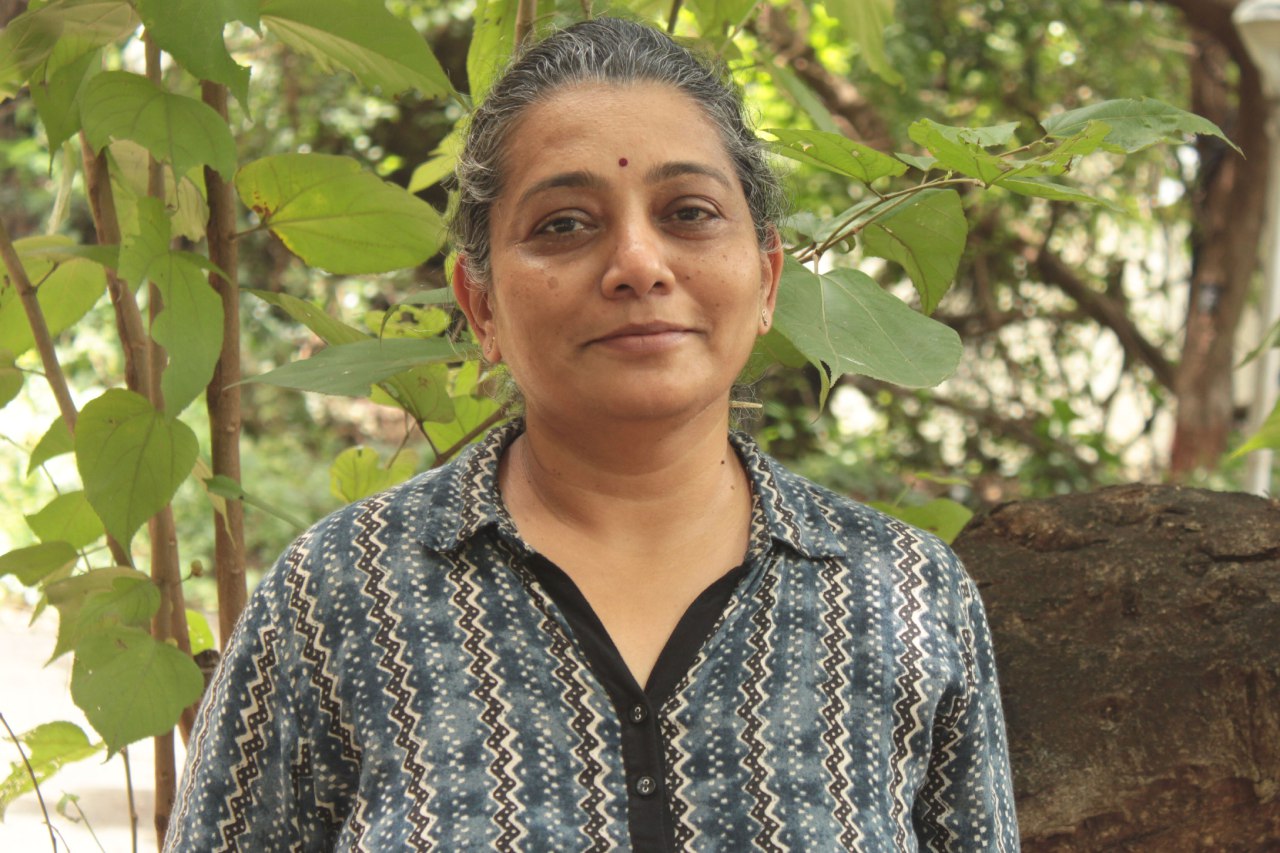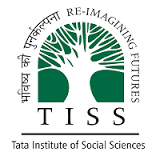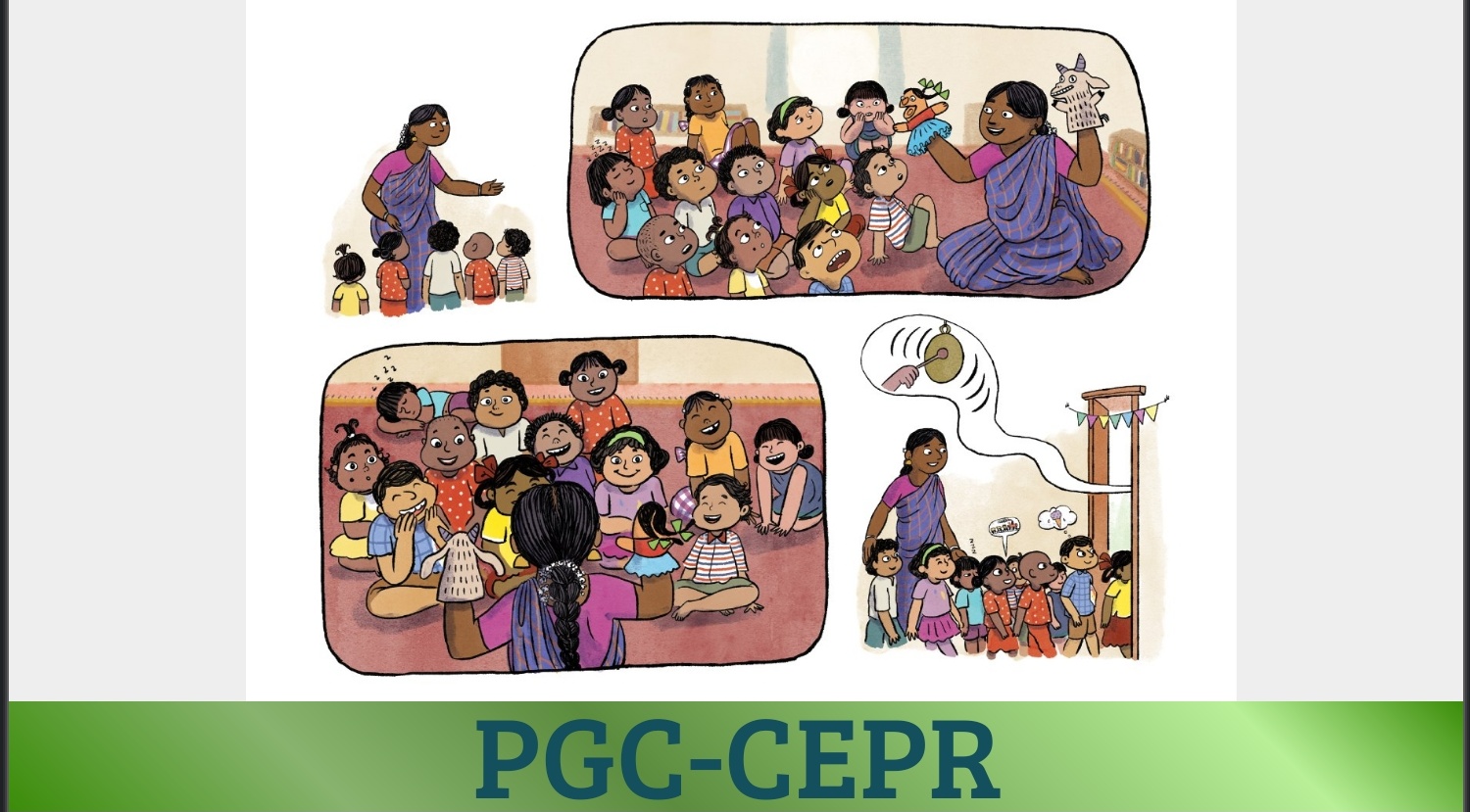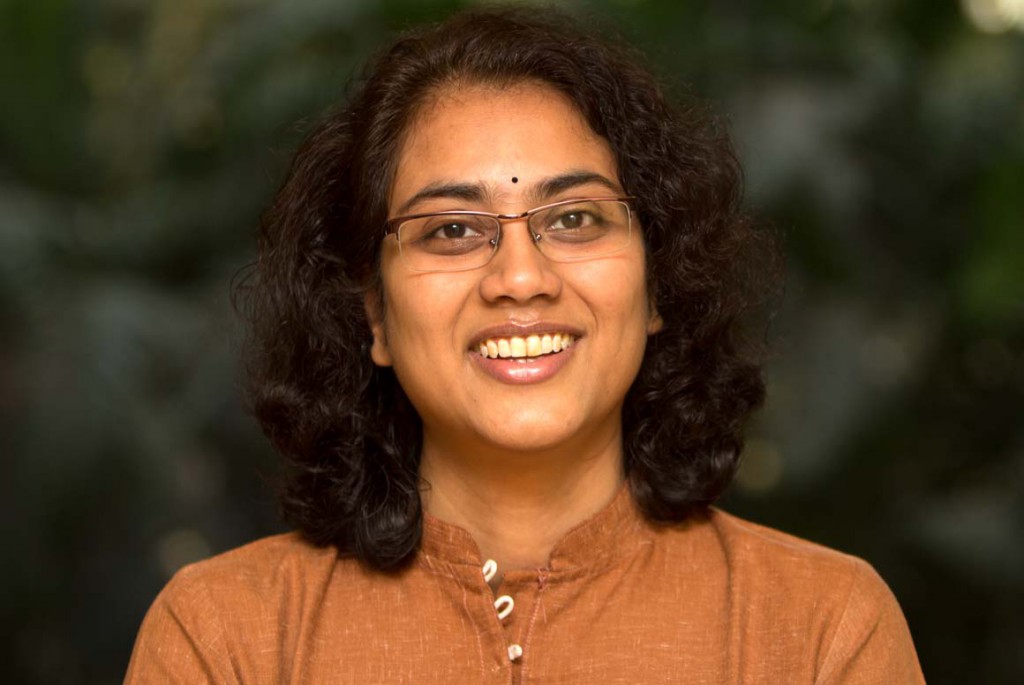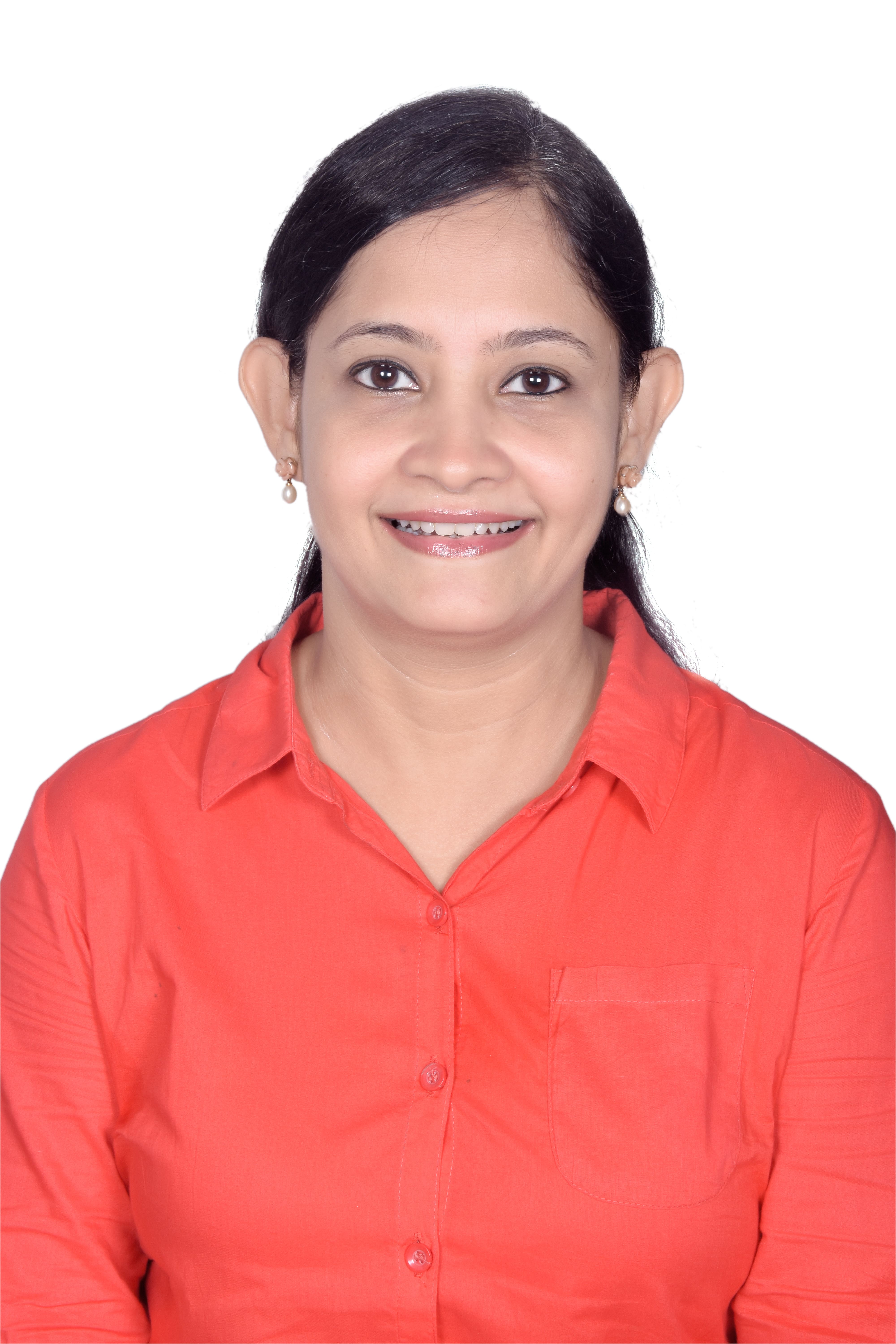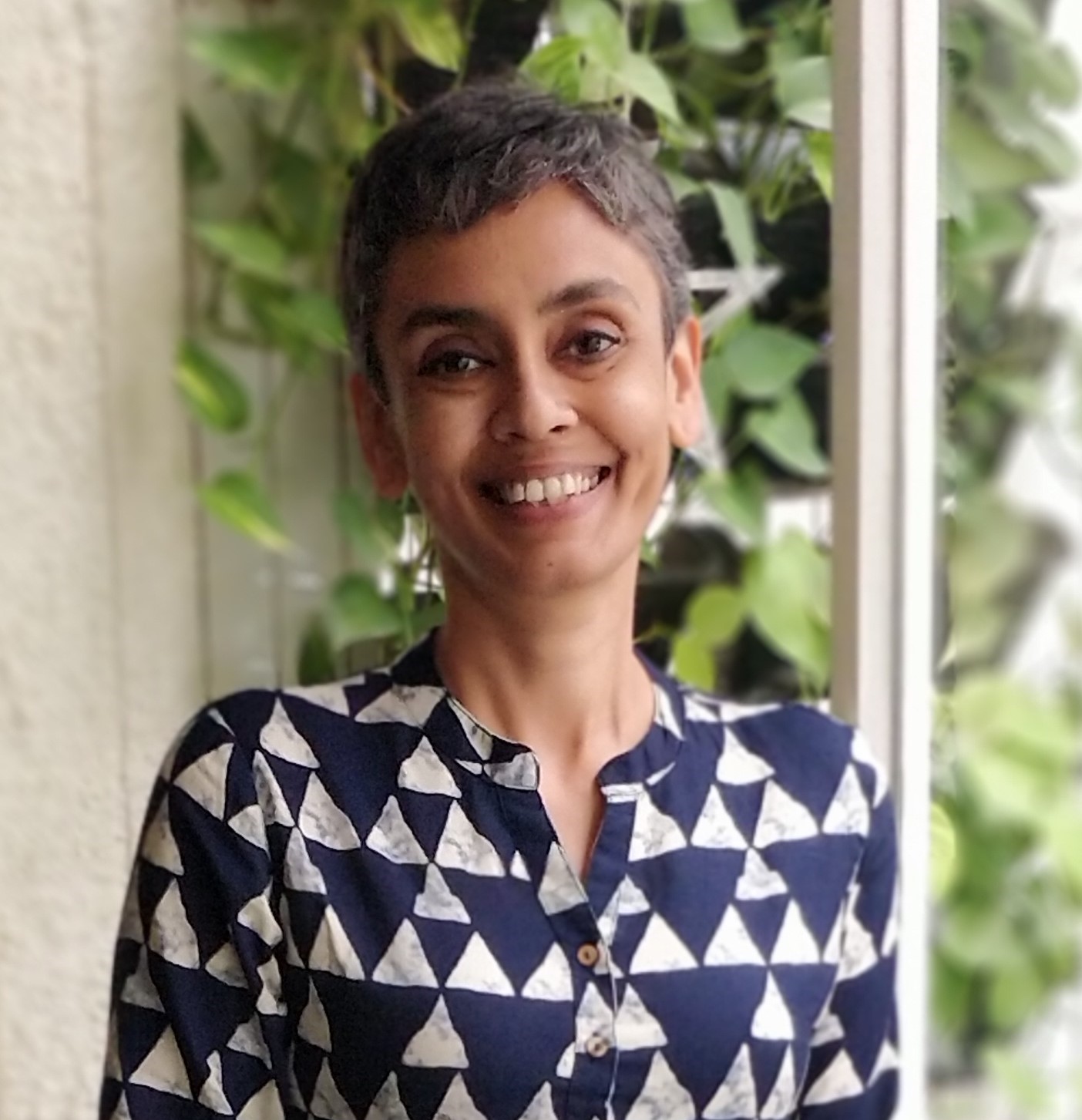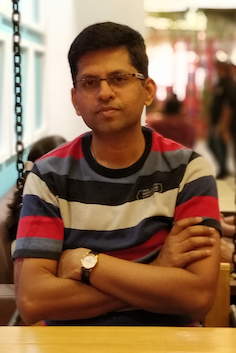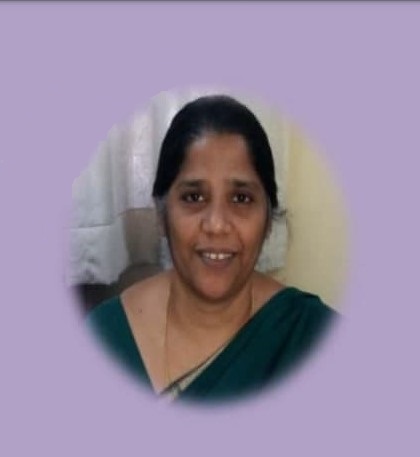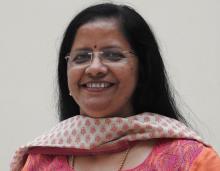About This Course
O-21 Practitioner Research– A lab Course for Teacher Educators course
The new National Education Policy (NEP 2020) makes substantive recommendations for reforming teacher education. It is essential at this juncture for teacher educators to take the lead in these reform efforts and not become objects of these reforms. Going by the experience in other countries, practitioner research is a powerful means by which teacher educators can take active agency.
Researching what we do as practitioners provides us with an opportunity to investigate our own work firsthand and also allows us to understand the larger systemic and policy-landscape in the perspective of our own practice. It allows us to be personally involved in research, making sense of the ‘how and why’ of particular teaching and learning practices as well as of policy directives.
This course will draw on varied and eclectic methods and tools, given the constitutive multi-disciplinarity of research in teacher education. While there is a range of issues and problems and the numerous sites and objects of research interest vary substantively, the focus of the course will be on the recommendations of NEP 2020 on teacher education. It will help participants collate and abstract implications of some of these recommendations from a range of research.
We will explore existing data bases such as NSSO, U-DISE and NCTE’s repository of data on teacher education institutions, collate the vast information generated in the course of monitoring activities on the field, and critically review existing research for its validity and its potential influence on policy processes. Participatory action research and design-based research approaches will be used to specifically study practice-based implications of NEP recommendations such as standards for integrated programmes and multi-disciplinary institutions, generating resources in regional languages for B.Ed/M.Ed students, implementing multilingualism in teacher education, innovative courses to develop pedagogic expertise among interested community members for teaching arts and crafts, establishing synergy between teacher education institution and a neighbouring school complex, nature and type of continuous professional development for faculty of education and the proposed National Mission for Mentoring. Along with the opportunity to develop skills of working with data bases, the course will engage participants with an analysis of qualitative and quantitative data, and writing a proposal/research-based policy brief.
O-21 Practitioner Research– A lab Course for Teacher Educators
- Introduction to Educational Research
- Use of e-library
- Problem Identification
- Critical Review of Literature
- Quantitative and Qualitative Research Designs
- Research Tools, Use of Databases, Statistics and use of software for quantitative and qualitative analysis of data
- Action Research
- Impact assessment and Evaluation Studies
- Submission of assignment
Who can join the course?
- Must be a teacher educator.
- Has paid the fees for the course or the programme.
Course Staff
Mythili Ramchand
Mythili Ramchand was the Director of RV Educational Consortium, Bangalore from 2005 to 2018. She worked as science teacher educator and a high school physics teacher prior to 2005.
Mythili has led a number of collaborative projects and research studies in Karnataka. She has worked on initial teacher education curriculum and developed reading and related materials and been involved in capacity enhancement programmes for faculty of education. Currently she anchors a Post Graduation Certification programme for faculty of education offered by TISS.
Mythili has offered her consultancy to a number of organisations and been in the panel of committees on teacher education curriculum renewal and reforms. She is currently a member of the Institutional Advisory Board of Regional Institute of Education, NCERT, Mysore.
Anusha Ramanathan
Consultant, Centre of Excellence in Teacher Education [CETE], TISS
I have taught for more than a decade at undergraduate and the postgraduate levels across various domains including English and Mass Media and Business Studies. I also wear the caps of course coordinator, examiner, teacher trainer, corporate trainer, researcher, editor, content developer, syllabus designer and reviewer at different times in various institutions. I lead the TPD English development and delivery as part of the English Team at CLIx.
Gomathi Jatin
Dr. Gomathi Jatin is Associate Professor with the Centre of Excellence in Teacher Education [CETE] at the Tata Institute of Social Sciences. With a Ph.D.in Education from the University of Mumbai, she has taught across courses in teacher education institutions and also nurtures keen interest in school and classroom practices. Her areas of interest include teacher education, school education, classroom pedagogy and practices, adolescent psychology, educational leadership and management and research. She has conducted workshops related to classroom management, blended learning, cooperative learning and mentoring for action researches. She has also conducted communicative English sessions for vernacular medium student teachers to facilitate their English speaking, reading and writing skills. Her recent work includes research on school management committees across the states in India. She has also been a part of the team of the NCTE-COOL resources, where she created OERs for the course 'Childhood and Development'. She is actively involved in the formation, management and facilitation of the TALC CoP for teacher educators across the country. With a team of faculty, she recently conducted Design based workshops for teacher educators and student teachers on curating OERs and evaluating them. She also anchors the Synergy initiatives of the centre by collaborating with teacher education institutions and extending the activities of the centre to TEIs.
Meera Chandran
Meera Chandran is Assistant Professor at Centre of Excellence in Teacher Education [CETE] at Tata Institute of Social Sciences (TISS). She has worked extensively in education & development sectors for nearly 20 years. She teaches masters courses in Teacher Education; Education, Development and Policy and Research Methodology. Her research interests lie in sociology and political economy of education. She is currently working on areas of social equity in urban schooling and student livelihood aspirations, ICT in education, political economy of teaching. She has led many research projects, designed and conducted numerous workshops and research seminars for professionals in the education sector.
Meera is the research lead of Connected Learning Initiative (CLIx), a multi award winning ICT based initiative and is co-PI for the government of India SPARC-CLIx project for conducting research, design workshops and develop case studies.
Ritesh Khunyakari
I had early leanings towards studies and career in Sciences. I chose to do a Masters in Botany from Savitribai Phule Pune University (formerly known as University of Pune) and wanted to pursue a career in research and teaching. For about a year, I taught at Abasaheb Garware College, Pune. Subsequently, I pursued my doctorate in Science Education from the Homi Bhabha Centre for Science Education (HBCSE), Tata Institute of Fundamental Research, Mumbai. For a few months, I worked with the Science and Technology Park at University of Pune. I rejoined HBCSE as a Visiting (Post-doctoral) Fellow for a couple of years.
In 2011, I joined Tata Institute of Social Sciences, Hyderabad campus as a Faculty in Azim Premji School of Education. I enjoy been involved in a wide spectrum of activities which include developing courses (for Integrated BA in Social Sciences, BEd, MAEd, MPhil Programmes), teaching, research and development activities, and projects and activities involving collaboration with organisations and institutions.
Dr. Sybil Thomas
Sybil Thomas is a faculty at the Department of Education, University of Mumbai. Previously, she has worked in the Somaiya Comprehensive College of Education, the Department of Adult and Continuing Education and Extension, University Mumbai and as the Principal of St.Xaviers Institute of Education in Mumbai.
Dr.Thomas was also a member of the core committees for M.Ed and M.Phil syllabus revision for Mumbai university.
Prof. Anitha Kurup
Anitha Kurup is a Professor in the School of Social Sciences and Head of the Education Programme at National Institute of Advanced Studies(NIAS). She leads the National Gifted and Talented Education Program in India anchored at NIAS, Bengaluru. Her research interests span the broad disciplines of education and gender studies. As part of the Gifted Education research, she and her team have developed Indian based protocols to identify the gifted children in the age group 3-18 years for different populations- urban and rural. They have been working on the standardisation of the identification protocols. Along the same lines she is developing a multi-level multi-stage model for mentoring the gifted children in rural and urban India.
She was part of the National core team that developed a 4-year integrated curriculum for pre-service teachers training for India. As part of the sub-committee, she contributed to the development of disability and special education as one of the streams of the four year integrated pre-service teacher education curriculum.
